Recent University Graduates’ Study and Work Experience
As the academic year comes to an end, several members of our staff have become a degree richer. We are happy to announce that Mārtiņš Klevs, Pēteris Zvejnieks, Daniels Heincis and Maksims Surovovs have graduated from the University of Latvia and have earned either bachelor or master of science degrees in physics. The recent graduates […]

